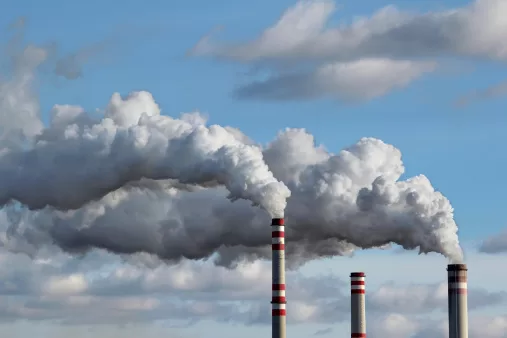Life of the Land opposes an additional state tax on carbon. There are far more effectively ways of reducing greenhouse gas emissions including mandates to increase the use of low climate impact energy sources for electricity and ground transportation.
Hawai`i has two existing carbon taxes. One is a gas tax paid every time someone buys gas at a gas station. The other is the barrel tax established in 1993. Almost three-quarters of the barrel tax revenue is siphoned off to support the general fund.
Free market economists and fossil fuel companies believe that the way to tackle climate change is to impose a carbon tax. The right-to-pollute fee would enable the fossil fuel industry to assert that they are part of the solution while continuing to extract fossil fuels from the earth.
Most global carbon taxes are so low as to not have any impact at all. The International Monetary Fund (IMF) asserted that global carbon price of about $75 a ton needed to reduce emissions enough to keep global warming below 2°C. An IMF study completed in 2021 found that “only about one-fifth of global emissions are covered by pricing programs, and the global average price is only $3 a ton.”
To get around community opposition to a carbon tax, Hawaii proponents proposed collecting the money from the fossil fuel industry and giving it back to residents. The fossil fuel industry would pass the added costs on to businesses and local and visitor populations. The government would collect all the money and give it back to local residents via their tax filings.
The University of Hawai`i Economic Research Organization (UHERO) estimates that a Hawaii carbon tax would result in a decrease of GHG emissions of 0.5% per year for 20 years and that the average resident in each income bracket would come out financially better off.
The UHERO Study did not address the fact that the greatest impact will be felt by those who must travel the furthest without adequate county mass transit systems. For example, Hawaii Island residents.
A carbon tax would increase the price spread between local production and imports. Imported goods would not pay a new carbon tax on fuel used in production and shipping. Local sustainable agriculture would be impacted.
The right to pollute is not explicitly in the carbon tax bill. But it is inferred. There are many laws that establish fees under which the government accepts participateion in exchange for a fee. Because the government has established a fee for an activity, it has endorsed the activity. When governments want to stop an activity, they phase it out or impose a fine.
Carbon taxes are supported by American Petroleum Institute, Royal Dutch Shell, ExxonMobil, BP, and ConocoPhillips.
Fossil fuel companies support a carbon tax because it makes them part of the solution — they can brag what they are doing to save the planet — while deep down they know that carbon taxes don`t work and will not stop them from drilling and burning petroleum.
Justice advocates favor equity-based renewable energy mandates that have effectively lowered fossil fuel use.
The Indigenous Environmental Network and the Climate Justice Alliance published a report, Carbon Pricing: A Critical Perspective for Community Resistance (2017). “Carbon pricing is a name for a tool that governments, financial institutions, and corporations have adopted in order to try to reconcile their continuing commitment to fossil fuel use with the need to appear to take action on climate change. Carbon pricing includes emissions trading, cap and trade, carbon offset trading, carbon taxes, and penalty and payment schemes.”
Food & Water Watch asserted, “Carbon taxes – while popular with economists – have proven to be ineffective at actually reducing emissions in the real world. And according to research prepared for the Citizens’ Climate Lobby, we will actually see an increase in electricity from fracked gas under a carbon tax plan they studied.”
Greenpeace stated, “Proposals for carbon taxes and cap-and-trade have taken up too much climate-solution oxygen in recent years, and so far they have been flimsy half measures porous with loopholes. They come nowhere close to meeting the scale of the crisis.”Many countries that have imposed a carbon tax have also politically defined tree-based electricity to be carbon neutral, and many of these places have replaced coal-based electricity with tree-based electricity.
Burning trees produces higher greenhouse gas emissions per megawatt-hour than burning any fossil fuel but countries “claim” they are solving the problem. Emissions continue to rise.
The proposed Hu Honua tree-burning power plant has higher projected greenhouse gas emissions than any existing or historic Hawaii fossil fuel power plant.
The UHERO carbon tax study released in 2021 sidesteps biofuel emissions: “Biofuel-specific issues should likely be addressed in policies and programs that would be complementary to the carbon tax.”

